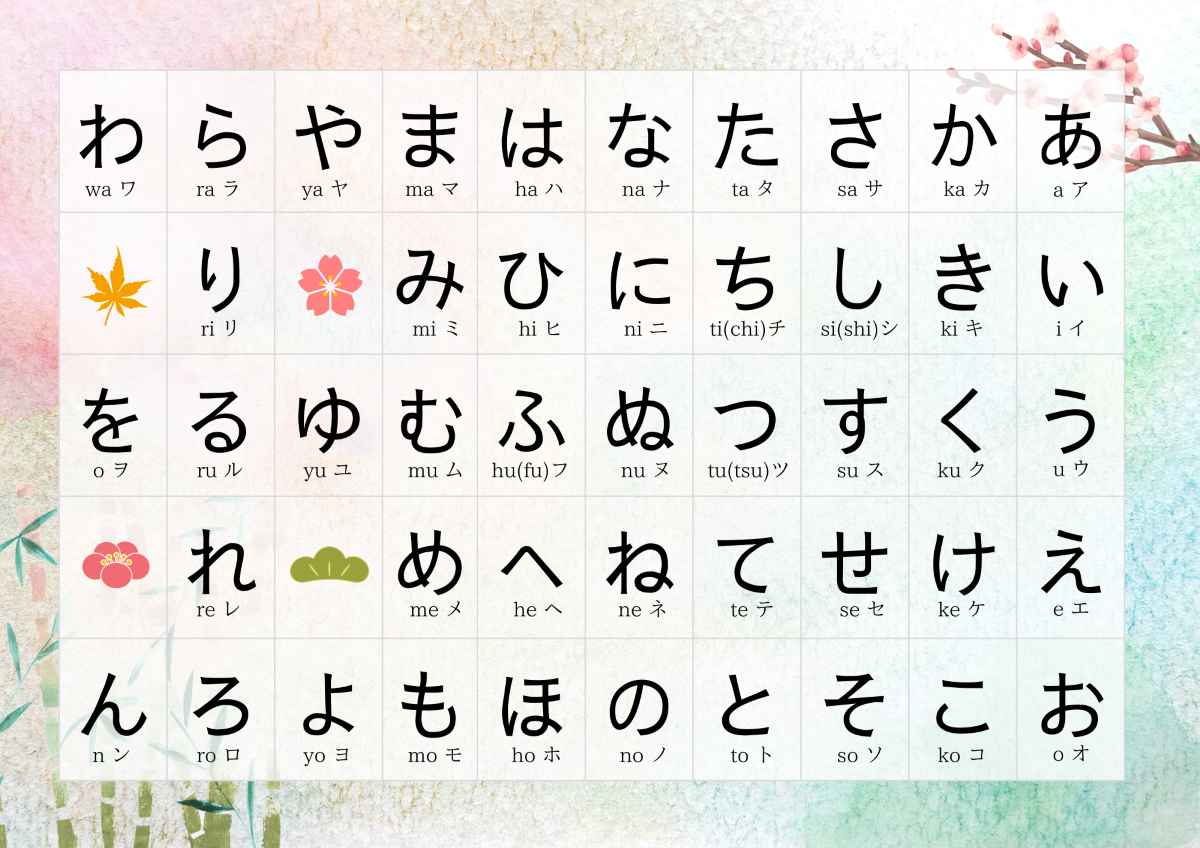
You might already have ‘Konnichiwa’ (hello) and ‘Arigatou’ (thank you) memorized
and ready to go.
However, once you start living in Japan,
you’ll probably face moments where you think:
“Uhh… what should I say now?”
For example…
Many people may have the impression that few Japanese speak English.
That means when you’re in a store and want something,
you may find yourself completely stuck!
Don’t worry—we’ve got your back!
This article introduces 10 super useful Japanese phrases.
They’re will help you in everyday situations.
Moreover they’re short, easy to remember.
And may even earn you a “Nihongo jouzu!” (Your Japanese is great!) compliment.
10 Useful Japanese Phrases for Daily Life
1. Sumimasen (すみません)
This is a magic word in Japanese.
Basic mean is Sorry. But also to get someone’s attention.
Be careful!
You might say it so much that you develop ‘sumimasen syndrome’!
Examples:
- 「すみません」 (Sumimasen) → “Sorry.”
- 「すみません、これはいくらですか?」
(Sumimasen, kore wa ikura desu ka?)
→“Excuse me, how much is this?"
2. ~Kudasai (〜ください)
This is a must-know phrase when asking for something.
Just point to what you want and say it.
Especially Super useful in shops or restaurants!
Examples:
- 「これをください」 (Kore wo kudasai) → “Can I have this, please?”
- 「書いてください」 (Kaite kudasai) → “Could you write it down, please?"
3. Onegai shimasu (お願いします)
Use this phrase when you want to make a polite request.
It’s even more polite than ‘kudasai’.
Especially in formal and work situations.
Example:
-「メニューをお願いします」 (Menyuu wo onegai shimasu) → “Can I have a menu, please?”
4. Hai / Iie (はい / いいえ)
‘Hai’ the basic means yes.
‘iie’ basic means no.…or does it?
In Japanese, context is everything.
And sometimes answers can seem reversed!
Because it’s a bit complex, please keep that in mind.
Example:
-「行きませんか?」(Ikimasen ka?)→“Would you like to go?"
「はい、行きません」 (Hai, ikimasen) →“No, I'm not going."
5. Wakarimashita (わかりました)
It means ‘I get it’ or ‘I understand’.
It’s a great phrase to use in the workplace.
But, be careful.
If you don’t really understand, you might regret it later!
6. Wakarimasen (わかりません)
This is a simple and honest way to say.
It’s ‘I don’t understand.’
It’s better to say it than pretend you know what’s going on!
7. Chotto matte kudasai (ちょっと待ってください)
It literally means ‘please wait a moment.
‘But remember—It depends on the person.
‘chotto’ (a little) in Japan usually means about few minutes to 5 minutes!
How long can you wait for “hold on a moment”?
There was an amazing 9 year old who did the research!
Example:
-「今確認します。ちょっと待ってください」 (Ima kakunin shimasu.chotto matte kudasai)
→ “I'll check it now. Please wait a moment."
8. Douzo (どうぞ)
Use this when offering something.
Or letting someone go ahead of you.
It’s polite, kind, and very Japanese!
Examples:
- 「どうぞ、お入りください」 (Douzo, ohairi kudasai) → “Please come in."
- 「お先にどうぞ」 (Osaki ni douzo) → “Please go ahead."
9. Daijoubu desu (大丈夫です)
This phrase can mean both ‘I’m okay’ or ‘No, thank you’ depending on context.
Confusing? Yes. Useful? Definitely.
Example:
-「袋いりますか?」(Fukuro irimasu ka?)→“Do you need a bag?"
「大丈夫です」(Daijoubu desu) → “No, thank you."
-「体調はどうですか?」(Taichou ha doudesu ka?)→“How are you feeling?"
「大丈夫です」(Daijoubu desu) →“It's Okay"
10. Otsukaresama desu (お疲れさまです)
This one is everywhere in Japan.
It’s used at work to say ‘Good job’.
Or to show appreciation for someone’s effort.
Often used in the workplace.
And, you say it when you leave your place of work.
It means “good-bye.”
Example:
-「今日も一日、お疲れさまでした」 (Kyou mo ichinichi, otsukaresama deshita)
→ “Good job today” or “good-bye”
You are learning these basic and useful phrases.
These languages are the standard Japanese.
Do you know Japanese dialects?
In the Kansai region (Kyoto, Osaka, etc.), unique words and endings are often used.
Want to know more? Check out the article “Kansai Dialect Sounds Different – It Ends Differently Too!” to learn some expressions unique to the Kansai region.
How was it?
Maybe you’ve heard some of these before.
Or maybe you’re discovering them for the first time.
In any case, if you remember these 10 essential Japanese phrases.
You will have no trouble at the very least in your daily life.
Even if you make a mistake, don’t worry!
Because We are happy when you speak Japanese!
Good luck on your Japanese journey!
And see you in the next lesson.
Otsukaresama deshita!


コメント